TALES OF TASTE
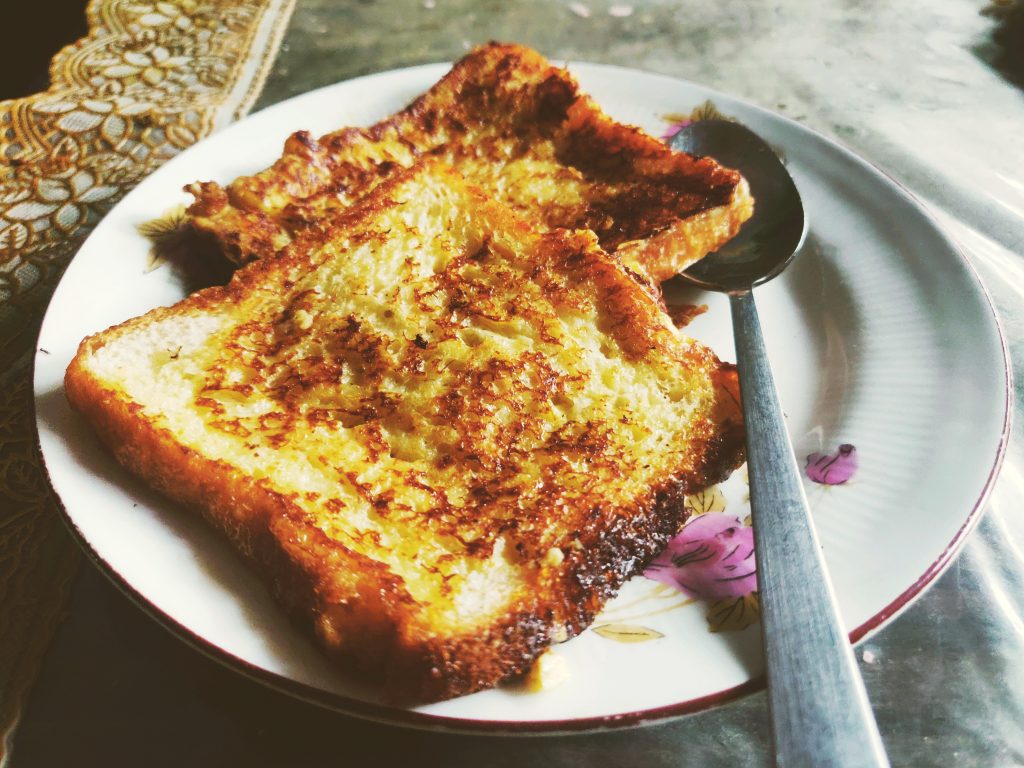
Aligarh has been a hamlet of cultures all along and the documented history suggests that it was established in 4th century AD by the Dor dynasts. Centuries on, Aligarh still boasts of the charm that never faded through times that were. The city has been home to Sultans of Delhi, Mughal governors, Swedish entrepreneurs, French mercenaries, British residents and Young Turks of Aligarh Muslim University. Aligarians, as they are fondly referred, have to their credit the record of having created one of the largest communities of alumni of any institution ever. It is a well known fact that the dining etiquettes of residential halls of the university have been at par with any of the European universities and residential schools. Boarders were required to dress up smartly while they moved for taking meals; some of these traditions exist to the present day. None of the inmates are expected to enter dining halls in bathroom slippers or dressed shabbily. The Aligarh Muslim University is one of those first institutions in India which even had their own dairy for ensuring the nutrition and nourishment of the students. Besides the traditional dining etiquettes and classic culinary fare, there is another facet of residential life in the campus and that is the culture of cafeteria. The campus has been dotted with several canteens and cafeteria across its length and breadth but there is something special about the Sir Shah Sulaiman Hall Canteen since it has existed. The jewel of their menu is a breakfast dish that predates the place where it is being offered, the ‘French Toast’.
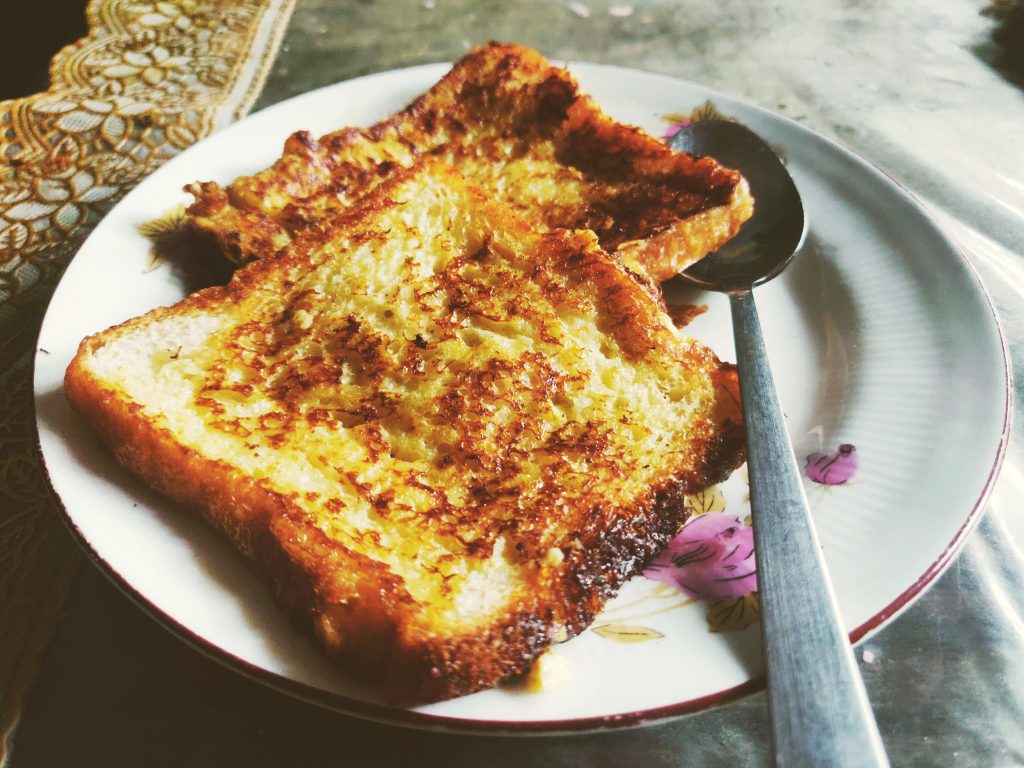
The French toast is much older than the city of Aligarh and there is absolutely nothing French about it, rather it has been originally a Roman delicacy that existed in late 4th century BC. According to Apicius, the book of ancient recipes, the toast had existed during the reign or Roman Empire. Romans used to soak their breads in milk and often in eggs and then fried them in oils or butter to make breakfast; it was then called Pan Dulcis. During 15th century, in the English court of Henry, the fifth, a version of Pan Dulcis was extremely popular and was the most sought after breakfast rage, it was then called Pain Perdu. It was also referred as the ‘lost bread’ because of recipe requirements, first the bread was soaked or staled in the mixture of milk and eggs and then it was fried in butter. Coincidentally, Pain Perdu is exactly what the French call as French toast today, but they never invented the toast, it was only inherited through English. The toast was christened as French only in 1724 AD, when an innkeeper from Albany, New York created a dish for himself by simply mixing eggs and milk and pouring that over slices of bread loaves. It was then only the dish was popularized by his name, as he started selling it as breakfast in his inn for the halters. Since Joseph was grammatically inept, he forgot the apostrophe and the dish started its journey to fame with a person’s name that was utterly confused with the name of a country. Needless to add that in French cuisine eggs are mostly mixed with the dough and batter for the breads and bakes while the ‘French Toast’ requires eggs to be added separately to baked breads.
Although, the English had inherited the toast from the Romans but with growing influence of colonialism the toast continued to travel. When French military adventurer Pierre Cuillier-Perron (1753 –1834) arrived in India in the year 1780 as a sailor on a French frigate he found himself deserted on the Malabar coast. He managed to get himself enlisted among the corps of the Rana of Gohad in northwestern Madhya Pradesh. There he worked under a Scotsman named Sansgter, from there he ventured into the second brigade of General Count de Boigne, another military adventurer from the Duchy of Savoy during 1790 and was appointed as a commander for the Maratha army.
Following the retirement of General Boigne, Perron won many battles for the Marathas and enjoyed fame no less than Achilles, consequently he was honoured and rewarded for his merits.
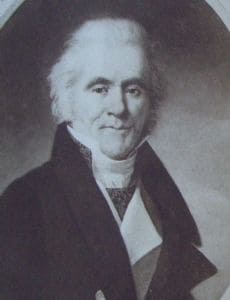
In the year 1802, General Perron made a home for himself in Aligarh as he used to train the Maratha army stationed in the Garrison of Koil, more populary known as the Qila of Aligarh or Aligarh Fort.
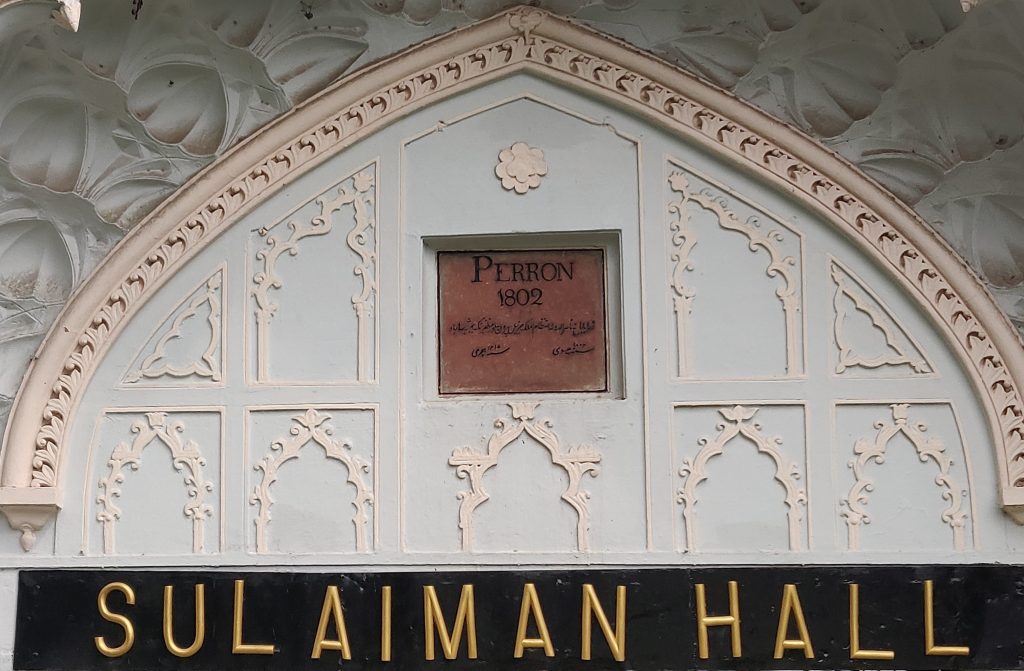
It was in his kitchen that some of the cooks in order to please their master, made the celebrated breakfast fare, the ‘French Toast’. Perron was met with surprise because there was nothing back home in France that was called ‘French Toast’, but he thoroughly relished the offering from his kitchen. The toast then went on an endless journey to fame only to become a favourite breakfast dish in Aligarh. While Mohammedan Anglo Oriental College came into being in 1875, French Toast continued its glorious journey through times, in Aligarh and adjoining areas.
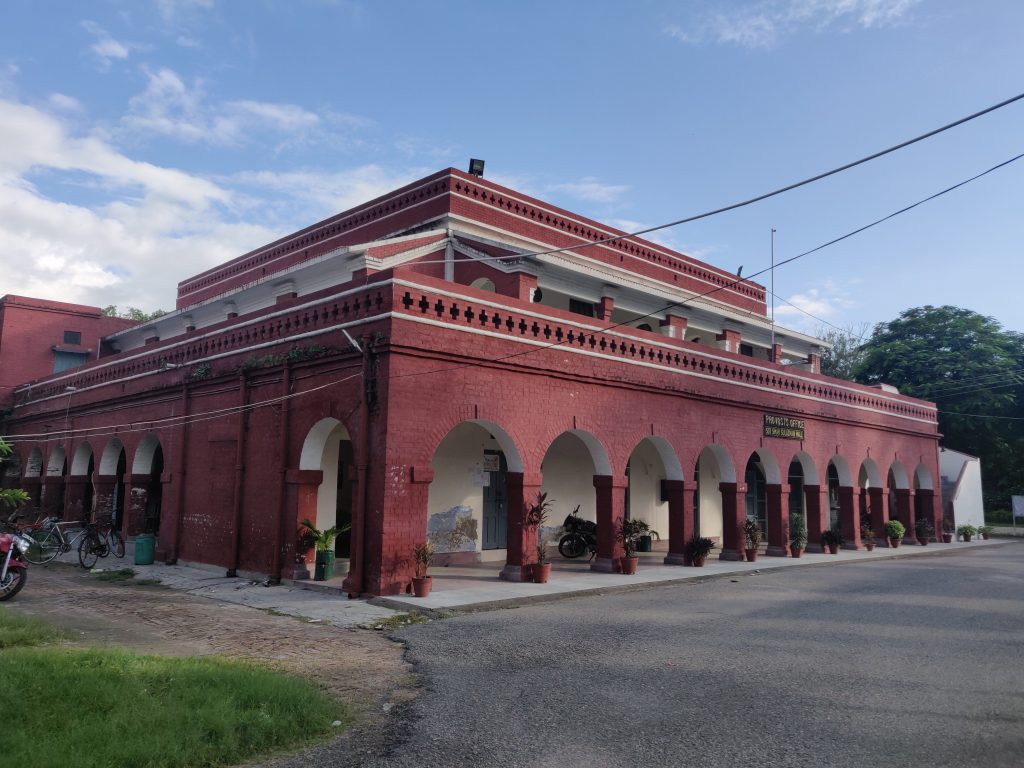

Interestingly the neighborhood Sahab Bagh received its name from the presence of a sahib that Perron was. Years later, the college became Aligarh Muslim University and Perron’s house became the Provost Office of Sir Shah Sulaiman Hall and his servant quarters have served as Hall Canteen since then. Cafeterias, eateries, bakeries and canteens have been serving French Toast as breakfast ever since, so much so that it seems more of an Indian breakfast and almost nobody wonders where did it come from. Perron had left India in 1834, but his home has stayed, the toast has stayed and stayed the patronage of Aligarh’s French Connection, with an apostrophe obviously.
A detailed article on Aligarh-French connection in Live History India.
https://www.livehistoryindia.com/amazing-india/2019/02/24/aligarhs-french-connection
Dr. Faisal is a recluse from Terai region of Shivalik Hills. He received education at Bareilly College, Bareilly and attained enlightenment at Aligarh Muslim University, Aligarh. Currently he writes columns and articles and conducts independent research.

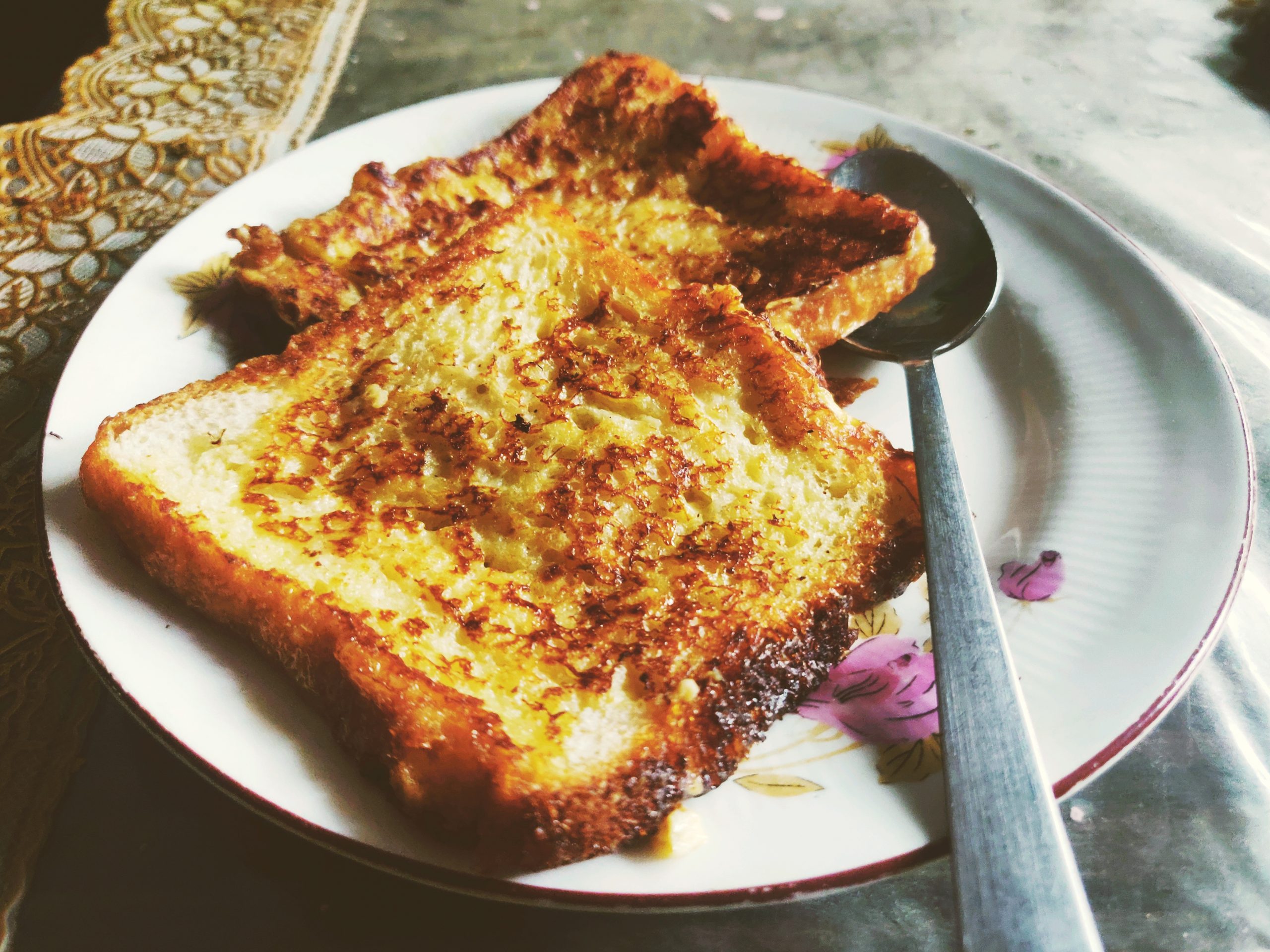

I am very impressed by this article on a subject “ Aligargh” which touches my heart too , as I was born & bred there .The historical documentation, even on simple subject like”French toast” is well written.
I am glad that better cultural side of Aligarh is now visible . This should encourage to a “ Aligarh Kissa Kiwani ” & others . Congratulations to the founders of this beautiful concept.
Very informative and interesting.
Thanks for the kind feedback
Shahi tukre, Matri- omelette,
In middle of Ramadhan,
Mouth watering,
Zindaba-Aligarh